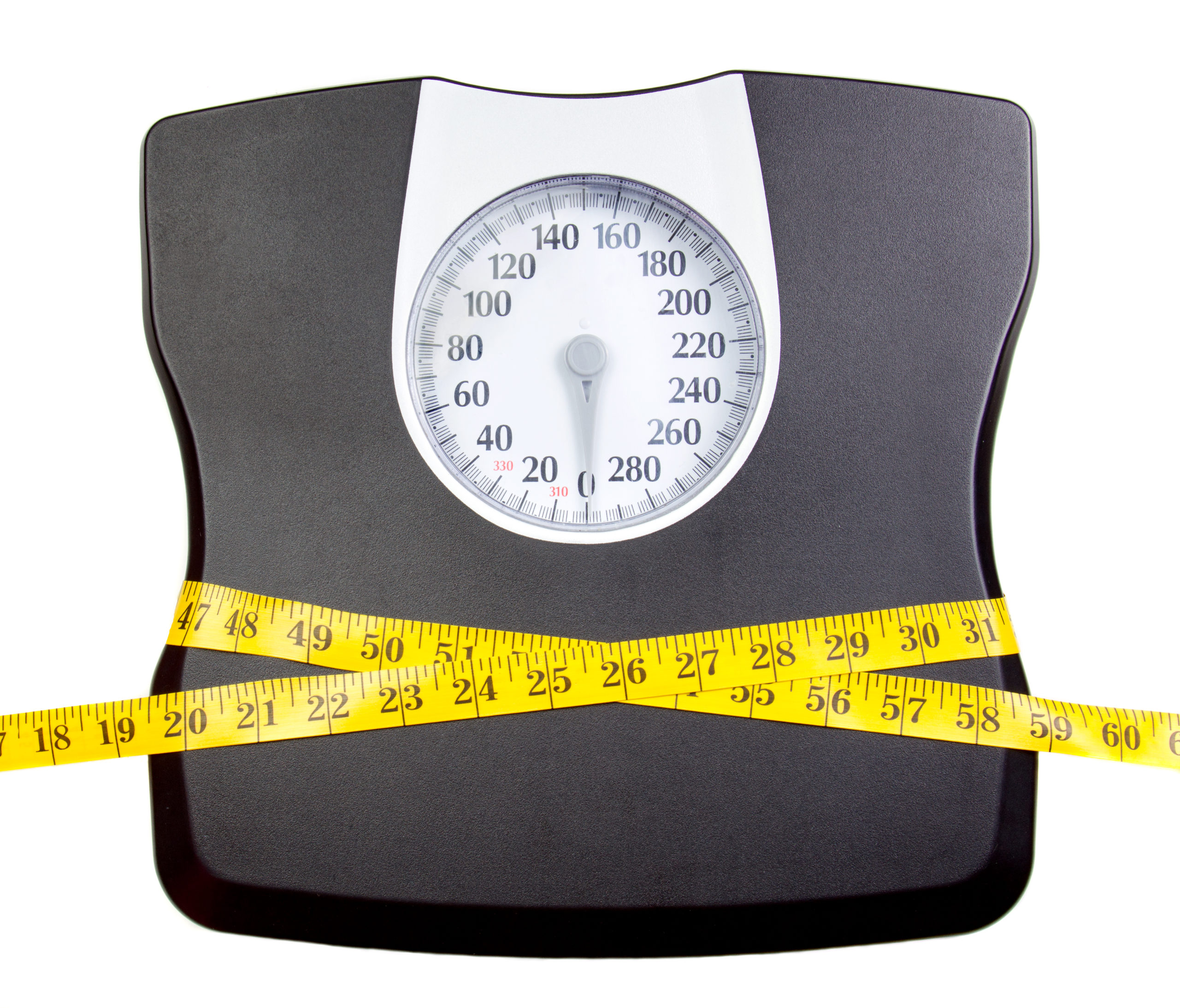
Weight Loss and Infertility
Weight Loss and Infertility
About 12% of all reported infertility cases are a result of a woman either weighing too much or too little.
Trying to Get Pregnant While Overweight
Estrogen is a sex hormone produced in our fat cells. If we have too much body fat, our body produces too much estrogen, essentially tricking our body into thinking we’re already pregnant. Being overweight may also lead to irregular menstrual cycles and erratic ovulation. Other disorders related to obesity that impact pregnancy are thyroid disease, insulin resistance, and diabetes.
What’s the Best Body Weight for Having a Baby?
Alternatively, if we have too little body fat, we can’t produce enough estrogen and our reproductive cycle begins to shut down. If our body mass index (BMI) is 18.5 or less, we are likely to experience irregular menstrual cycles and we may stop ovulating altogether.
Body Mass Index (BMI) ranges:
- Underweight: less than 19
- Normal: 19-24
- Overweight: 25-29
- Obese: over 30
Both under and overweight women have irregular cycles in which ovulation is irregular or doesn’t occur at all, obviously severely limiting chances at successfully becoming pregnant.
If your treatment plan includes In Vitro Fertilization (IVF), you may be advised to lose weight, since there is good evidence that obesity lowers the success rates of IVF.


